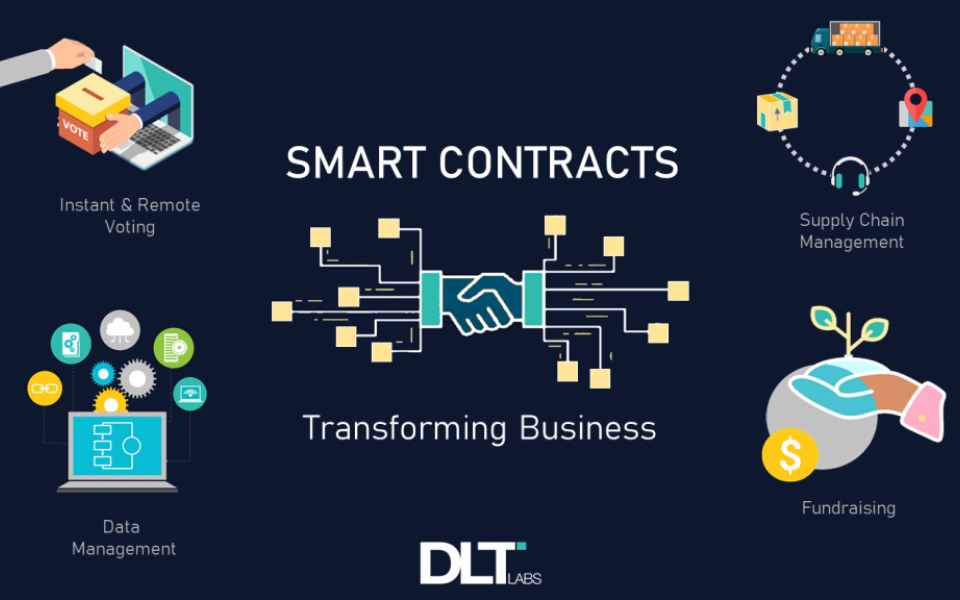What is the definition of a smart contract?
A smart contract is a computerized version of a traditional contract, consisting of a customized program (algorithm) that conducts particular actions when the parties fulfill certain conditions, such as B. Send money to the seller when products are delivered in excellent condition to the buyer.
Read more about mining and blockchain
Smart contracts allow for the secure exchange of cryptocurrencies, money, stocks, and other commodities and services between contractors without the use of middlemen.
Consider smart contracts in the context of the purchase of household equipment such as laptops for a better understanding. If you want to save money on a laptop, check the Internet for the best price, locate a model you want, then go to a little-known online retailer. Because you’ve never heard of the vendor, you don’t want to pay the entire purchase price up front.
If the store refuses to send the products to the post office and you decide to cancel the order, the seller is responsible for the shipping expenses of the equipment’s delivery and return to the warehouse, which is beneficial for his business.
In this case, smart contracts come to the rescue. Suppose there is a program in which:
- You choose a laptop in the online store
- You do not transfer the amount to be paid for the purchase to the seller’s account, but to a special account
- The seller will receive a message that you have transferred the payment amount to a special account
- The online store will send you the purchased goods by mail
- You will receive it by mail
- The seller receives a notification of receipt of the goods, the purchase amount is credited to the store’s account.
This is more convenient, cheaper and faster than when the buyer first pays the seller the shipping amount and the full price upon receipt of the goods. In practice, however, it is difficult to implement on our example, because in this case the smart contract must interact with the website of the online store and the payment and messaging system, which carries technological and legal risk. . Therefore, today, smart contacts are mainly used for transactions related to the purchase / sale of cryptocurrencies, when counterparties open accounts on the same exchange or blockchain platform.
Smart contract objects
The elements of a “smart” contract are:
- Digital signature counterparties accepting or rejecting goods or services that meet the above requirements
- Subject of the contract – goods or services sent for money
- Conditions under which the automatic exchange of goods takes place, e.g. compliance of the delivered goods with quality standards. Must have full mathematical description
- A decentralized platform in which the algorithm (program code) of the smart contract itself is stored
Types of smart contracts
Depending on the degree of automation, smart contracts can be:
- Completely automatic
- Mostly on paper, but some clauses like transactions have been transferred to a smart contract
- With a paper copy
Pros and cons of smart contracts
Like any technology, smart contracts have both advantages and disadvantages.
Benefits:
- Save time and resources, including B. no advance payment for goods
- Lower costs as no middlemen are needed
- Additional protection against blockchain use
- Faster review of contract terms
Inconveniences:
- There can be bugs and security vulnerabilities in the smart contract software code. In July 2016, criminals managed to withdraw $ 64 million from the system during a hacking attack on the “The DAO” project.
- Difficulty in creating a code algorithm because you have to anticipate all possible scenarios
- There is a possibility that contractors may lose access keys or passwords for the smart contract
- The system accurately accepts the terms of the contract, irrespective of force majeure
- There is no legal basis for the use of “smart contracts”.



